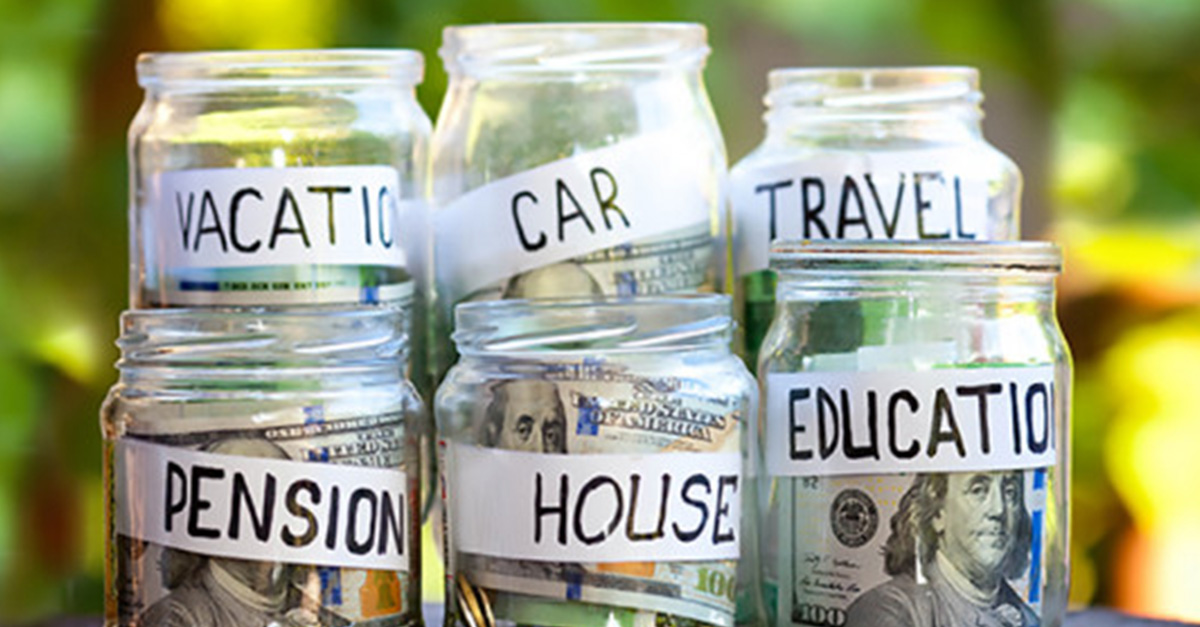Even though official inflation rates have cooled, many people still feel the squeeze. If you're working harder than ever but struggling to pay your bills, you're not alone. The good news is, while you can't control the economy, you can take steps to regain control over your personal finances.
Track Every Dollar You Spend
When money feels tight, the first step is gaining complete visibility. Track every expense—no matter how small—for at least a month. Many people are surprised to discover where their money is actually going. This awareness helps identify areas where you can cut back without drastically changing your lifestyle.
 Photo By: Kaboompics.com, Pexels
Photo By: Kaboompics.com, Pexels
Prioritize Essential Expenses
Focus on covering necessities like housing, utilities, groceries, and transportation first. Non-essential expenses—subscriptions, dining out, or impulse purchases—should be evaluated critically. It may be time to pause or eliminate some comforts temporarily to free up cash for the essentials.
Renegotiate Bills And Subscriptions
You might be able to lower recurring costs by negotiating with service providers. Call your internet, phone, or insurance companies and ask about discounts or promotions. Review subscriptions and memberships—many people pay for services they rarely use. Small reductions across several bills can add up quickly.
Adjust Your Grocery Habits
Food prices remain a major pain point. Switching to generic brands, buying in bulk, meal planning, and cutting back on convenience foods can significantly reduce grocery bills. Shopping with a list and avoiding frequent trips helps prevent unnecessary spending driven by impulse buys.
Consider Increasing Your Income
If expenses are trimmed but you're still struggling, look at ways to boost your income. This could mean negotiating a raise, seeking higher-paying job opportunities, or starting a side hustle. Freelancing, gig work, or monetizing a hobby can provide extra cash to ease financial pressure.
Avoid Relying On Credit Cards
When bills pile up, it’s tempting to lean on credit cards. But high-interest debt can quickly turn a temporary shortfall into a long-term financial trap. If you must use credit, have a clear repayment plan. Explore lower-interest options like personal loans or balance transfer offers if debt becomes unmanageable.
Build A Bare-Bones Emergency Budget
Create a version of your budget that reflects only the absolute minimum you need to get by. This "survival budget" can be activated during particularly tough months, helping you stay afloat without adding debt. It’s a useful tool for navigating uncertain financial periods.
Seek Community Resources
There’s no shame in using available support systems. Community programs, food banks, utility assistance, or non-profit credit counseling services can provide relief. These resources exist to help people weather difficult times and can offer breathing room while you work toward stability.
Stay Ahead Of Future Price Increases
Look for ways to future-proof your finances against ongoing cost-of-living increases. This might include locking in fixed-rate contracts where possible, investing in energy-efficient home solutions, or building an emergency fund—even if it’s just a small amount each month.
Focus On What You Can Control
While you can’t control inflation or wage stagnation, you can control how you respond. By cutting unnecessary expenses, boosting income where possible, and avoiding high-interest debt, you’ll put yourself in a stronger position. It’s about surviving first, then building resilience for the future. Remember, financial hardship in today’s economy isn’t a personal failure—it’s a signal to adapt and take proactive steps to protect your financial well-being.
You May Also Like:
30 Things You Shouldn't Do With Your Money, According To Warren Buffett
Money Management Apps & Tools To Help You Improve Your Finances









